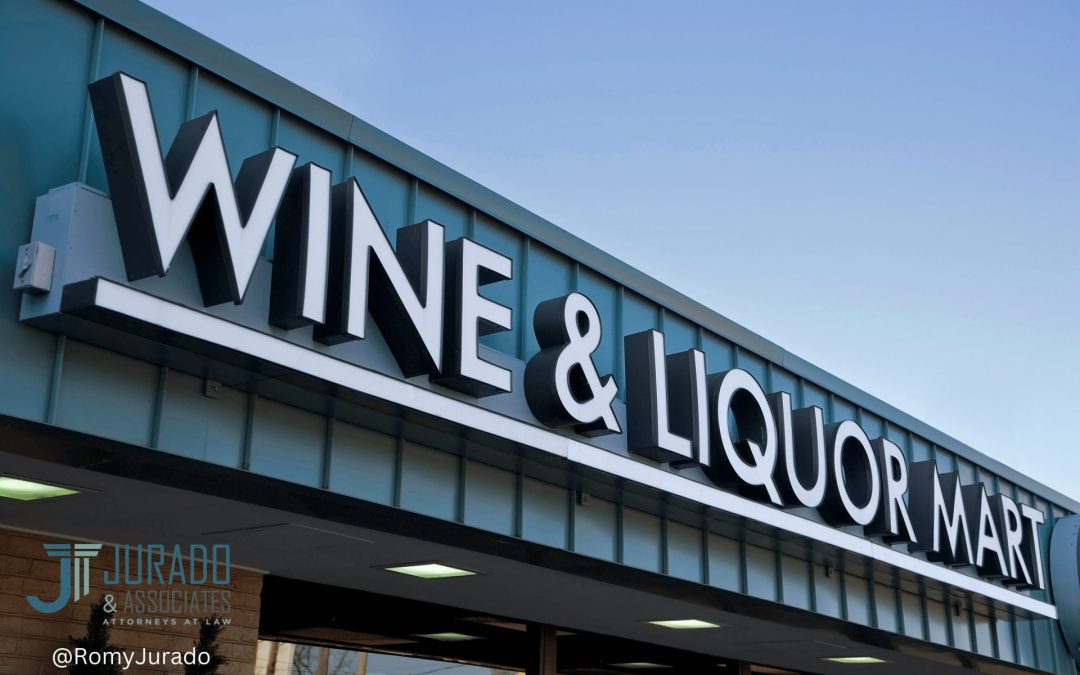Obtaining a liquor license in Florida can be a challenging experience. There are several types of licenses applied to different cases, each category with distinct requirements. Considering these licenses can be sold, leased, or transferred, liquor licenses are comparable to profitable assets.
In this article, you will discover how much it costs to transfer a liquor license in Florida.
Florida Liquor License – The Essentials
Manufacturing, distributing, and selling alcoholic beverages are activities regulated at the federal and state levels.
Florida Statutes §562.15 provides that “it is unlawful for any person to own or possess within this state any alcoholic beverage, unless full compliance has been had with the pertinent provisions of the Beverage Law as to payment of excise taxes on beverages of like alcohol content.”
The Florida Department of Business and Professional Regulation (DBPR) is responsible for regulating and licensing these restricted activities through the Division of Alcoholic Beverages and Tobacco (ABT).
Under the Department’s rules, it is possible to divide the existing types of liquor licenses into four major categories – sales licenses, distributor licenses, manufacturer licenses, and special licenses.
The category of sales licenses is the most sought-after option, consisting of four beer and wine licenses and 10 other licenses for hard liquor. In most cases, applicants depend on the quota system to obtain a liquor license in Florida.
As the number of quota licenses available per county is limited and applicants depend on a lottery system, the most effective alternative for entrepreneurs seeking to sell, manufacture, or distribute alcohol is purchasing an existing license.
Business transactions involving the acquisition of restaurants, bars, hotels, and other establishments that serve alcohol often include the transfer of existing business licenses.
How Much Does It Cost to Transfer a Liquor License in Florida? – A Realistic Overview
The amount paid to obtain a liquor license depends on the license type and the location of the prospective licensee’s business. Depending on the population of the licensee’s county, the annual licensing fee range between $28 to $1,820.
Other licensing fees do not depend on the applicant’s county population, such as application fees. The requirements involved in obtaining a first-hand license often lead prospective licensees to buy existing licenses from owners willing to sell them.
Once the buyer pays the agreed-upon amount for the license, the transfer of ownership process also requires the payment of a fee. The interested party may pay up to $5,000 for the transfer of a permanent license.
The method used to calculate the transfer fee for a quota liquor license is based on a rate of $1 for every $1,000 on the average annual gross sales of alcohol made by the applicant in the three years preceding the transfer.
An alternative for applicants not willing to pay the $5,000 fee is proving that the transfer fee is lower than $5,000 based on sales, income, or audited accounting records.
Do You Want to Transfer a Liquor License in Florida? – Immediately Seek Expert Legal Guidance
Whether you want to sell or purchase a Florida liquor license, waste no time with uncertainty. Contact Attorney Romy B. Jurado by calling (305) 921-0976 or emailing [email protected] to schedule a consultation.





